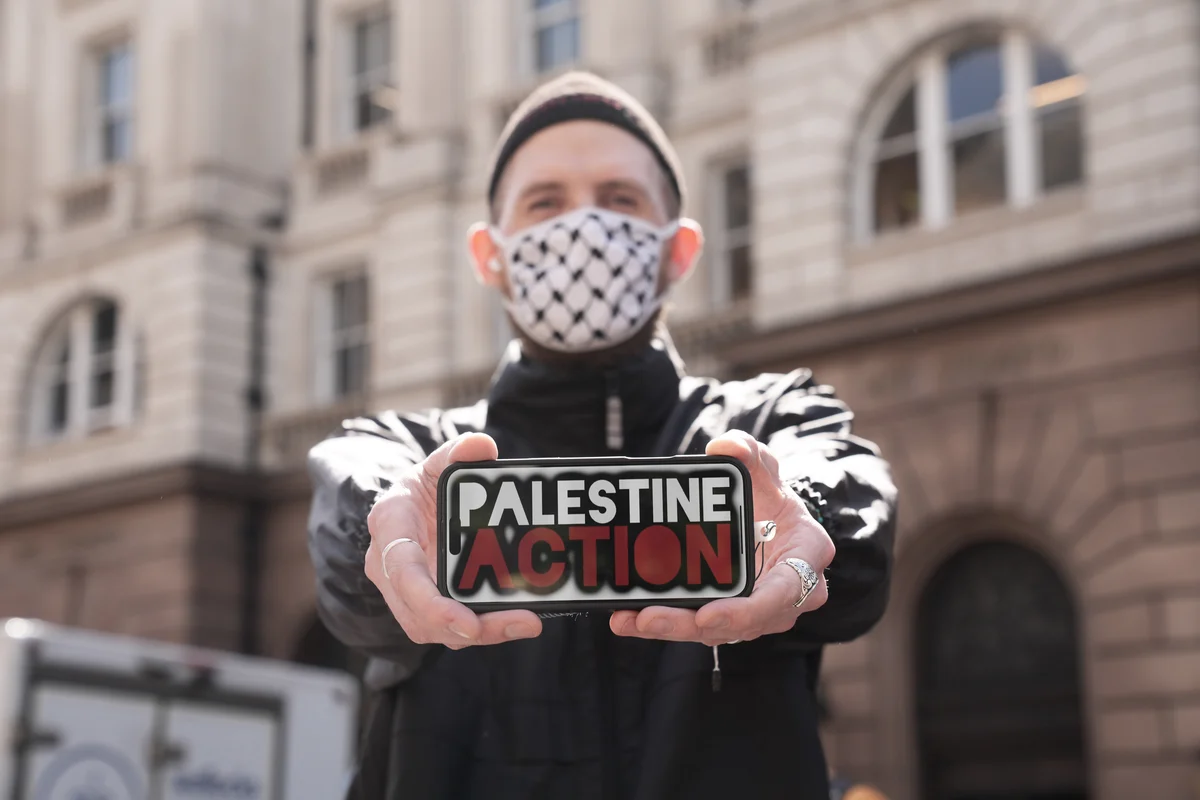By Melanie McDonagh
Today we mark the twentieth anniversary of an act of terrorism, almost a classic act of terrorism, in which 52 people died as a result of the planned bomb attacks by four Islamists, three of them British born. The victims represented modern London, for they not only included 32 British citizens but nationals of 18 countries.
It was a calculated act of violence by the bombers to protest at the British government’s actions abroad against, as they saw it, Muslims. Among almost 800 people wounded was my Australian friend, David, who lost a leg, and to this day walks with a limp but who remains sane, cheerful and uncomplaining. The ideology of the bombers – Islamist totalitarianism – was what maimed him, not just communications failures on the part of the security services.
Today we also saw the leader of Brighton and Hove council, one Bella Sankey, tweeting that she had written to the police to demand they take action against the Spectator’s columnist Rod Liddle and the magazine’s editor, Michael Gove, for the former’s “incitement to terrorism”. Rod Liddle had written an amusing column to the effect that much of the problems of England could be resolved at a stroke if a small nuclear bomb could be dropped on the Glastonbury festival and Brighton simultaneously. The point was that a substantial number of fantastically irritating people congregated in these places; it was not, as the columnist clarified, an actual endorsement of dropping nuclear weapons. But as if to prove his point, silly Bella Sankey is now getting the police to spend time reading that issue of The Spectator so as to decide whether to bring terrorism charges.
This brings me to the Met’s arrest of a group of protesters from Palestine Action in Parliament Square this weekend, gathered around the statue of that well-known troublemaker, Mahatma Gandhi. The group gave the police half an hour’s notice of their presence, and for ease of identification carried homemade placards. The Met duly arrested them – and among the suspects was an 83-year-old Anglican vicar.
Now admittedly she seems to be a terminally tiresome person. But being annoying used not to be a criminal offence. Others were arrested for “wearing clothing or displaying articles” indicating membership of a terrorist organisation. The group in Westminster will now be taking up police time and cluttering up the over-stretched courts.
This is the result of the government’s proscription of their group, Palestine Action, as a terrorist organisation which came into effect at midnight on Saturday. We are now promised lots more acts of provocation by the group and given that illegal support for the group can cover wearing an I Heart Palestine Action badge, the Met is in for interesting times.
Does anyone, but anyone, other than the Home Secretary Yvette Cooper think that the superannuated protesters from Palestine Action come into the same category as the 7/7 bombers, or indeed members of the IRA? Yet the same laws are being brought to bear on the former as the latter.
Palestine Action has certainly been responsible for a number of disruptive and dangerous acts; some of its members have been arrested and charged with causing £7 million worth of damage to military jets at the RAF base at Brize Norton. But the law already covers malicious acts of criminal damage.
And that’s the right approach – using the existing criminal law. That was the robust approach judges took towards the members of Just Stop Oil and Extinction Rebellion who blocked motorways and attacked works of art to make their point about fossil fuel. They were a little less active after the likes of Phoebe Plummer and Anna Holland were banged up for throwing Campbells tomato soup at Van Gogh’s Sunflowers. That impulse to throw something at a famous painting if you feel strongly about an issue is now less in evidence. Proof, I think, that the use of the criminal law as well as exemplary punishment works, unless you are actually a terrorist.
The problem with Palestine Action is that it is a group that draws to itself conscientious individuals who feel strongly about the actions of the Israeli military in Gaza, and British government involvement with it, as well as outright anti-Semites. And lots of us feel revulsion at the actions of the IDF in Gaza directed at whole civilian populations. Proscribing the organisation risks proscribing its protests; in other words, terrorism legislation is being used to curb free speech and legitimate protest. And that’s not what it is for.
As others have pointed out, there are ways of dealing with organisations who take their protests to the point of causing disruption and damage. Lord Walney, the government’s former independent adviser on extremism, has suggested an amendment to the Crime and Policing Bill which would give police more power to curb the anti-social actions of groups which, like Extinction Rebellion or Just Stop Oil or Palestine Action, are disruptive but not actually terrorist. This could directly address their fundraising and livestreaming criminal acts and their social media activity. If we need any further legislation, that is the way to go, not extending the remit of terrorism legislation.
This government’s (as well as the previous government’s) heavy-handedness in dealing with groups that are a public menace may in fact simply have a chilling effect on legitimate free speech as well as wasting a fantastic amount of police time. You would hope the police could think of better things to do than arresting an octogenarian Anglican wielding a placard, or reading last week’s issue of The Spectator.
Keep anti-terrorism legislation for actual terrorists, like those who killed 52 people twenty years ago. There are more like them out there, you know.
Melanie McDonagh is a columnist for The Standard
